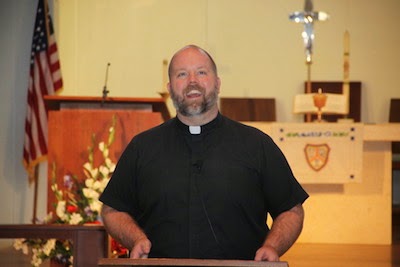 |
| A helpful infographic summarizing marriage laws in the Old Testament. |
INTRODUCTION: TWO SIMPLISTIC ANSWERS
In my ministry to young adults and college students, I get into the conversation at least once a month about two "big" issues: First, people ask me all the time "Who is going to hell?" (which is actually a deeper question about the love of God). Second, people ask me "What does the Bible say about homosexuality?" (which is also a deeper question about God's love and purpose for creation). I have found these questions are at the tip of the iceberg for a whole complex of deeper issues beneath the surface. And they are actually tied together in a deep way, because the Church has been going through "hell" in our constant arguments about what the proper Christian response is to the struggles of gays and lesbians.
Although I deal with the issue of hell in other places, I will attempt to answer the homosexuality question right now. Until recently, the answer to this question has often fallen on one of two "simplistic" sides: The "conservative" side and the "liberal" side. On the conservative side have been people who claim to take the Bible seriously, and thus do exactly what it says, as if it were some kind of legal textbook. And, in most English translations, the Bible seems to clearly condemn same-sex intercourse, therefore gays and lesbians must be condemned if they act on their sexual orientation. On the liberal side have been people who claim to take social justice and inclusion seriously, and therefore they deny, ignore, or simply explain away as "outdated" those Scripture passages which seem to contradict their pursuit of inclusion. Thus, in this (false!) dichotomy, the conservatives are guilty of failing to show love and mercy to actual people, and the liberals are guilty of failing to take seriously God's revelation of Godself in Scripture.
But what if there is a way to take Scripture seriously, and also fully include gays and lesbians in the Church? In fact, what if taking Scripture seriously- even literally- actually led to the full inclusion of gays and lesbians in the life of God's people? That is what I intend to explore.
A fair word of warning: This essay is quite long and tries to take into account a huge swath of relevant Scriptural, historical and theological data. If you would like something a bit short, see my essay on Two Christian Views on Same Sex Relationships, or even more concise (but a bit simplified) is this five minute video by Matthew Vines. With that said, let us begin:





